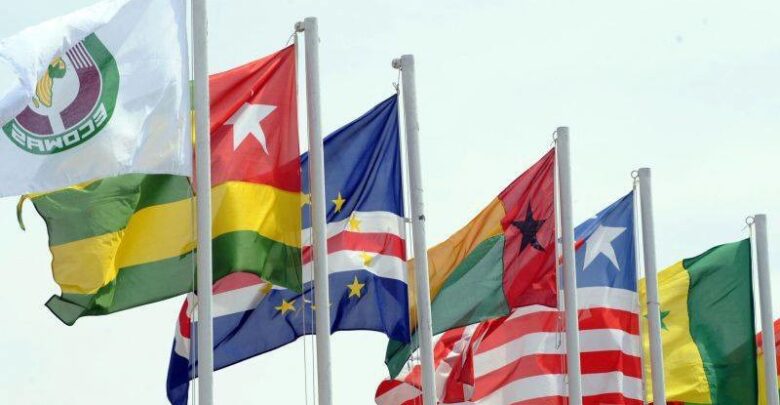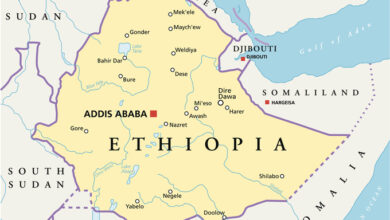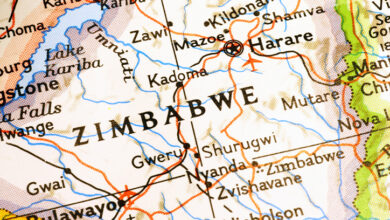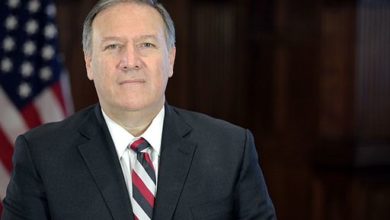World
ECOWAS Member Countries Adopt Single Currency ECO

The leaders of a 15-nation West African bloc have stepped up efforts for the introduction of a shared single currency named Eco, aimed to be launched in 2020. The new currency was adopted in a meeting of the heads of state from the Economic Community of West African States (ECOWAS) on Saturday in Abuja, reported Africa News.
The idea of a common currency for the West African region first came up almost 30 years ago with an aim to boost cross border trade and economic development. The ECOWAS leaders, who represent an estimated population of about 385 million people, have plans to roll out the new currency by next year.
In a statement issued late on Saturday at the end of the ECOWAS summit, the leaders reaffirmed the “gradual approach to the single currency starting with countries that meet the convergent criteria.”
“The Authority adopts a flexible exchange rate regime together with a monetary policy framework centered on inflation target “ECO” which was also adopted as the name of the single ECOWAS currency,” the statement read.
Mahamadou Issoufou, ECOWAS chairman and Niger’s president, said there was a real firm political will to increase efforts ahead of the January 2020 deadline.
“We are of the view that countries that are ready will launch the single currency and countries that are not ready will join the program as they comply with all six convergence criteria,” Issoufou said.
Currently, eight ECOWAS countries including Benin, Burkina Faso, Guinea-Bissau, Ivory Coast, Mali, Niger, Senegal, and Togo use the CFA Franc, while the other seven namely Cape Verde, The Gambia, Ghana, Guinea, Liberia, Nigeria, and Sierra Leone have their own currencies, none of them freely convertible.
The currency would reportedly be based on a flexible exchange rate regime, coupled with a monetary policy framework focused on inflation targeting.






